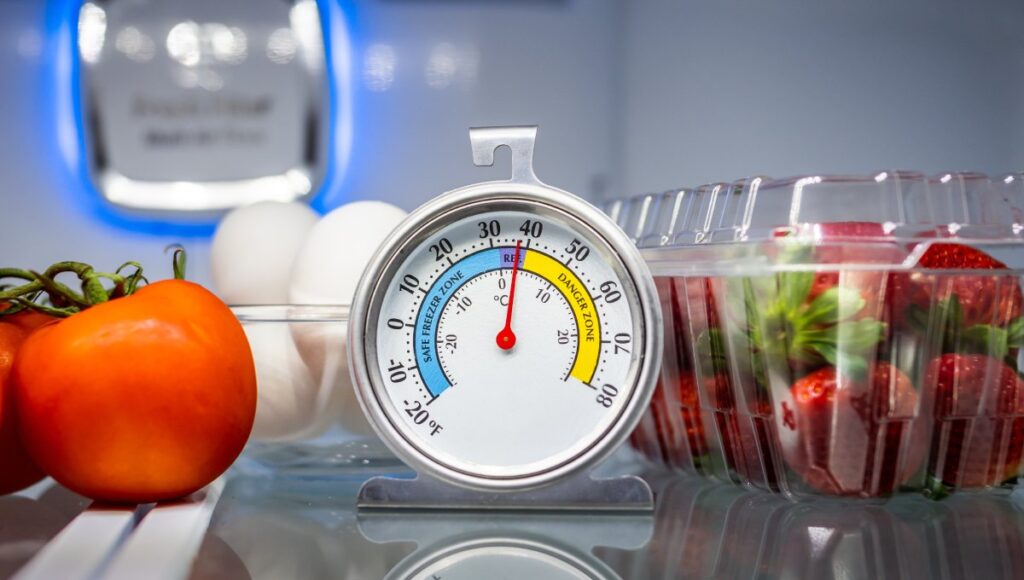
Starting a restaurant involves more than just perfecting your menu and creating a welcoming atmosphere. A critical aspect of running a successful food service establishment is ensuring that your equipment, kitchen processes, and staff adhere to strict safety and quality standards. Read on to explore food service certifications and learn what you need for a restaurant.
Food Handler Certification for Your Team
One of the first certifications you’ll need is food handler certification for all staff involved in food preparation and handling. This certification ensures that your team understands the fundamentals of food safety, including proper food storage, cooking temperatures, and hygiene practices. The training often covers essential topics like preventing cross-contamination and handling allergens. By having certified food handlers on your team, you reduce the risk of foodborne illnesses and demonstrate your commitment to public safety.
Health Department Permits and Inspections
Before you can open your doors to customers, your restaurant must pass an inspection by the local health department. This inspection will check that your facility complies with health and safety codes, such as proper sanitation and safe food handling practices. Obtaining the necessary permits from the health department confirms that your restaurant meets regulatory standards. Regular health inspections will continue after you open, so it’s important to maintain high standards in food safety and cleanliness from the very beginning.
Alcohol Service Certification
If you plan to serve alcohol in your restaurant, you’ll need to obtain the appropriate liquor license. Additionally, many states require alcohol servers to be certified in responsible beverage service. This certification educates servers and bartenders about the legal responsibilities of serving alcohol, how to prevent over-serving, and how to identify fake identification. Having this certification helps protect your business from liability and ensures that your establishment remains compliant with local alcohol laws.
Equipment Certifications: NSF, CE, ETL, and UL
In the food service industry, it’s crucial to use equipment that meets safety and quality standards. Certifications such as NSF (National Sanitation Foundation), CE (Conformité Européenne), ETL, and UL (Underwriters Laboratories) are key indicators of equipment safety and performance. NSF certification, for example, ensures that your kitchen equipment meets strict public health standards. CE certification shows that your equipment meets European health and safety requirements. ETL and UL certifications verify that your equipment is safe for use and meets electrical standards. These certifications provide peace of mind that your equipment is safe, reliable, and built to last.
Now that you know the food service certifications you need for a restaurant, you can take the right steps to ensure compliance and safety. By obtaining these certifications, you’ll not only protect your business but also provide a safer dining experience for your customers.

